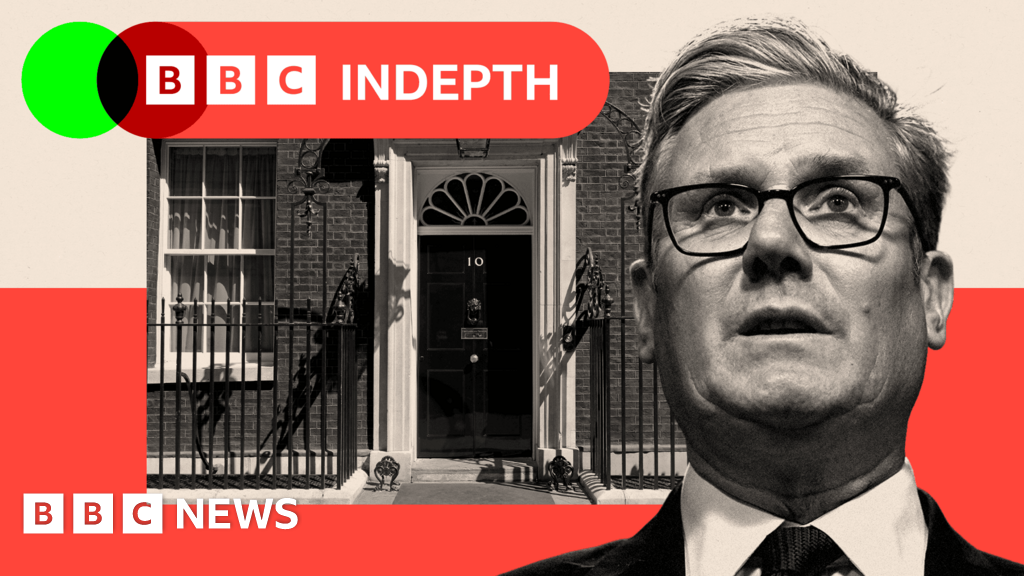It’s far from unheard of for a governing party to lose a by-election, but to lose it to Reform UK on the same night that Nigel Farage’s party hoovered up councils across England made this a distinctively new political moment.
Two days afterwards, Paul Ovenden, Sir Keir’s strategy director, circulated a memo to Downing Street aides, which I’ve obtained.
It called for a “relentless focus on the new centre ground in British politics”.
The crucial swing voters, Ovenden wrote, “are the middle-age, working class, economically squeezed voters that we persuaded in the 2024 election campaign. Many of them voted for us in 2024 thinking we would fix the cost of living, fix the NHS, and reduce migration… we need to become more ruthless in pursuing those outcomes”.
For more than 100 of Starmer’s own MPs, including many of those elected for the first time in that landslide a year ago, the main priority was ruthlessly dismantling the government’s welfare reforms – plunging the prime minister as he approaches his first anniversary into his gravest political crisis yet.
The stakes were beyond high. For the prime minister to have backed down to avoid defeat on this so soon after the winter fuel reversal raises questions about his ability to get his way on plenty else besides.
So, if this first year has done anything, it has clarified the stakes.
This is not just a prime minister and a Labour Party hoping to win a second term. They are trying to prove to a tetchy and volatile country that not only do they get their frustration with politics, but that they can fix it too. None of that will be possible when profound policy disagreements are on public display.
Top picture credit: PA and Getty Images
